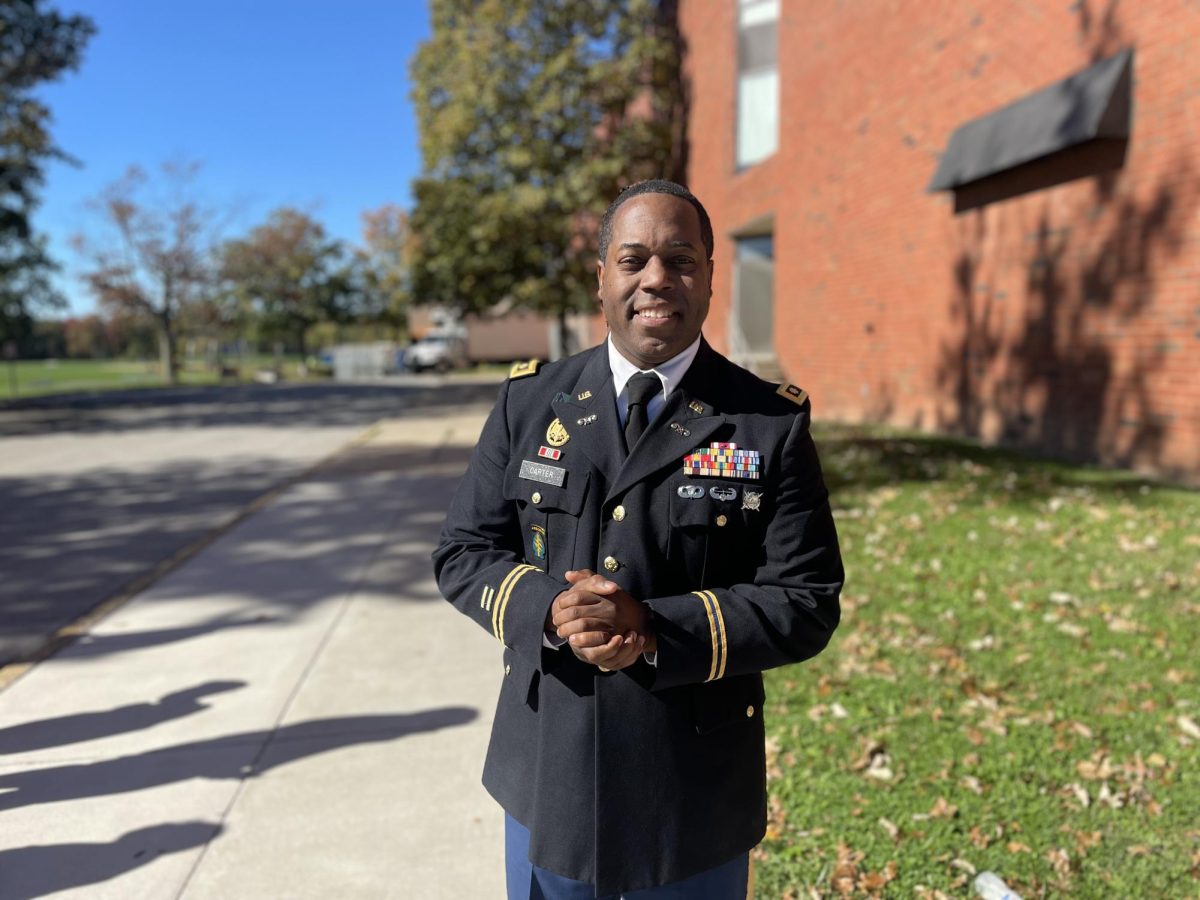Thanksgiving, a Day to Give Thanks and Recognize our History, Present
November 21, 2018
As Thanksgiving rolls around and people plan to break their diets to stuff themselves with stuffing and turkey, many forget that the holiday we celebrate every fourth Thursday of November was built on the principle of imperialism and is an insult to Native Americans for the reminder of genocide their people suffered at the hands of Americans. Imperialism is not only invading people’s homelands, but forcing them to assimilate into a new culture and forget their old one. As we celebrate, we should take a step back and look at the holiday’s history.
When Christopher Columbus took credit for discovering America and the Mayflower made its way across the Atlantic ocean, Native Americans were pushed from their lands. They also suffered from diseases the Europeans brought from their homeland, and people died for land they had been living on for centuries.
In 1621, Plymouth colonists joined with the Wampanoag Native Americans to have what is considered one of the first Thanksgivings in history. Not half a century later, thousands of people from the Wampanoag tribe, along with hundreds of the colonists, were killed in the King Philip’s War. Until then, Thanksgiving was a treaty between Native Americans and the colonists – a trust that would break.
President Lincoln still made the celebration of the treaty (which, at this point, was only celebrated by religious New Englanders) an official holiday during the Civil War. Although there were religious and partisan backlash from this declaration, the announcement may have been to give hope to the people in the middle of a war where men were fighting brothers, fathers, and friends, according to Encyclopaedia Britannica.
The holiday we celebrate today, however, did not fully form until families started moving en masse to urban areas. As immigration increased and more cultures were introduced into America, many people strayed from the religious roots of the holiday to include immigrants who wanted to celebrate. That was when Thanksgiving became about uniting and giving thanks.
It was, and still is, hypocritical, however, of Americans to celebrate and appreciate the benefits of Thanksgiving under the guise of being thankful for the peace between Native Americans while they kept moving the Native Americans onto smaller and less resourceful reservations based on the belief that America should span “from sea to shining sea”. People did not want Thanksgiving as a national holiday because they did not want to accept other cultures in America, and celebrate those new cultures when the holiday was first introduced.
There is a glossing-over, and sugar-coating Americans suffer from since the start of the holiday. The long-standing struggle for land between the American government and Native American people, which is still prominent today–consider the ongoing fight over the Dakota Access Pipeline and the Standing Rock Sioux Indian Tribe–is mostly forgotten in a fabrication that Thanksgiving represents peace.
Though it is important to give thanks for all that we have, Thanksgiving can still be about so much more. Through it, we can acknowledge oppression of Native Americans, which, since the discovery and European colonization of America, has been glossed over.
Let us not disregard these sacrifices while we sit around the table gorging ourselves on sweet potato pie and turkey.

